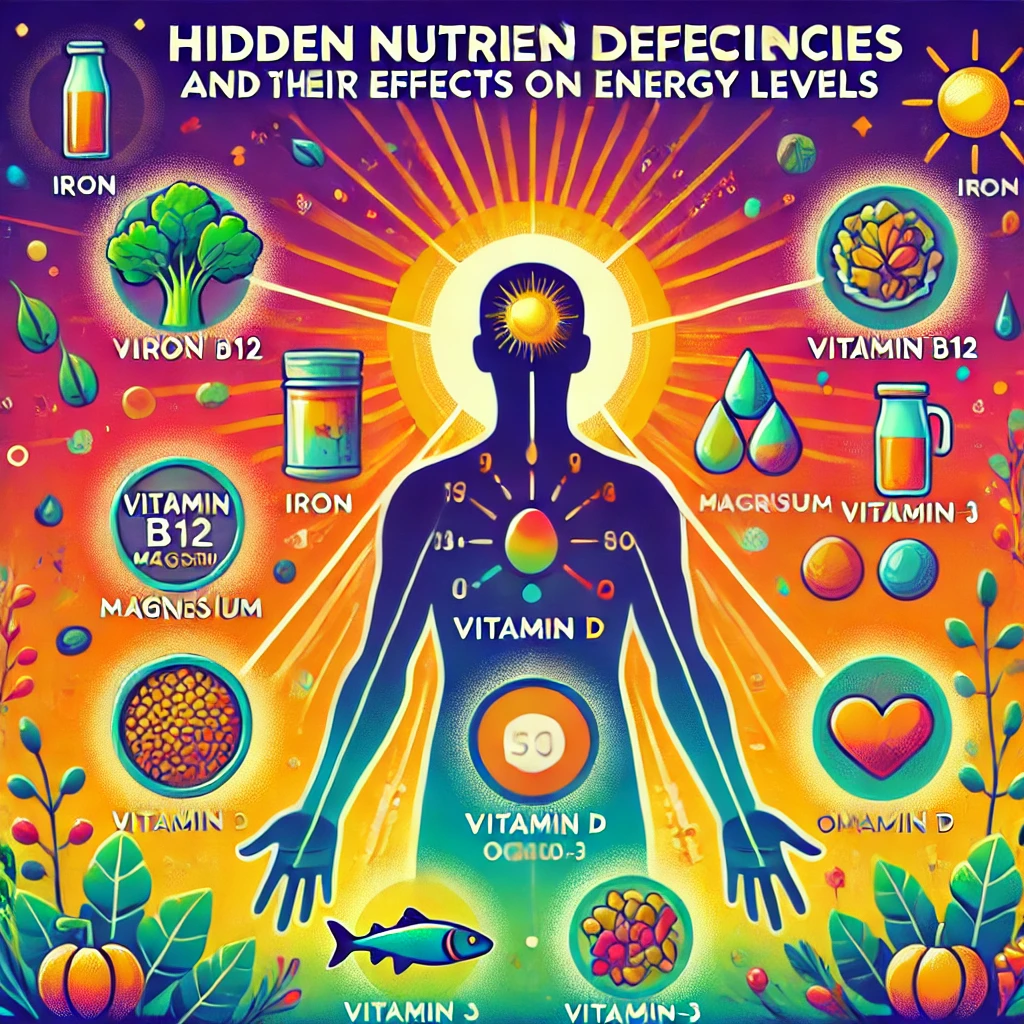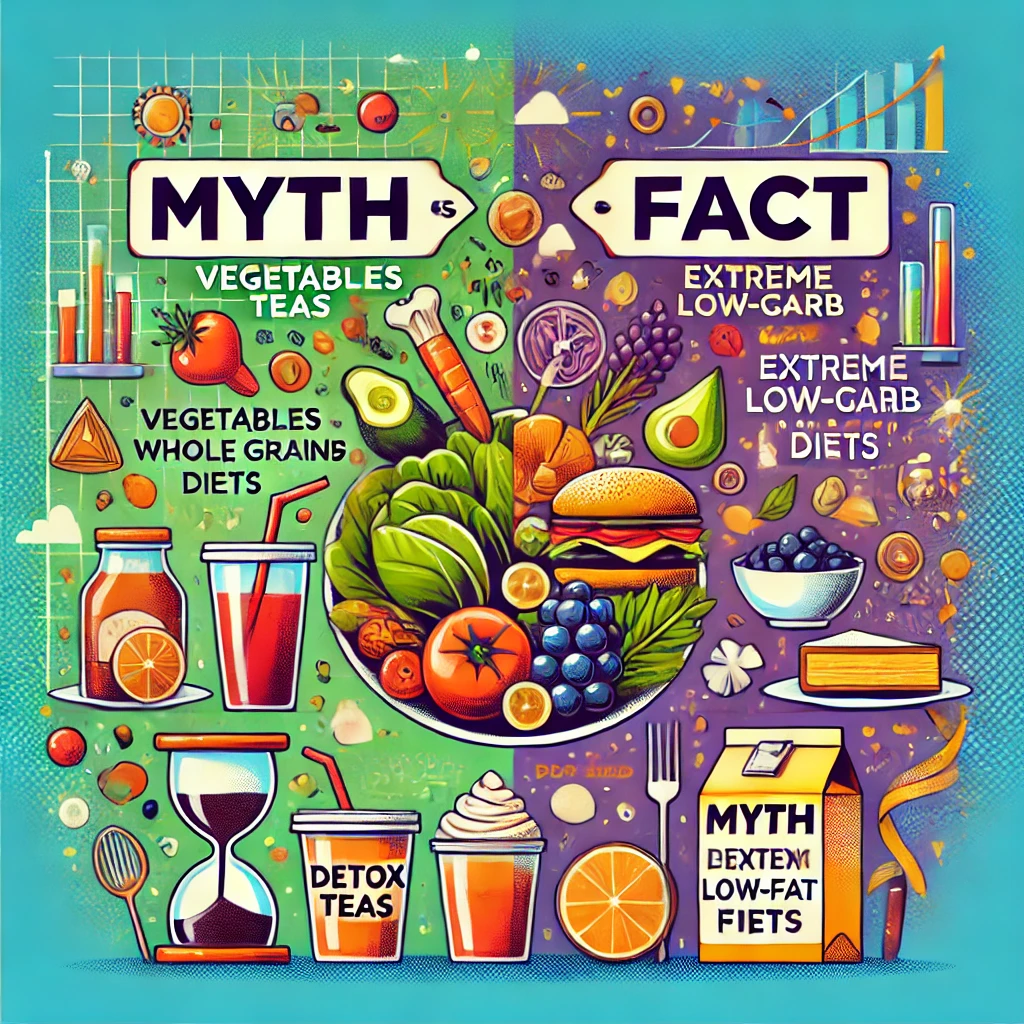Detailed Explanation: The Role of Lean Proteins in Muscle Maintenance
Lean proteins are essential for muscle growth, repair, and overall maintenance. Whether you’re an athlete, a fitness enthusiast, or simply someone who wants to stay strong and healthy, incorporating lean protein sources into your diet can significantly impact your muscle health.
1. Why Lean Proteins Matter for Muscle Maintenance
Muscle health is vital not only for strength but also for overall health, mobility, and metabolism. Here’s how lean proteins play a key role:
- Repair Muscle Tissues: When you engage in physical activity, especially strength training or endurance exercise, small tears occur in muscle fibers. Protein helps to repair and rebuild these fibers, making them stronger and more resilient.
- Support Muscle Growth (Hypertrophy): Consuming lean protein, especially after workouts, provides the necessary amino acids to stimulate muscle growth. This process is amplified when combined with resistance training, which causes muscle fibers to adapt by increasing in size.
- Prevent Muscle Loss (Sarcopenia): As we age, our bodies naturally lose muscle mass. This process, known as sarcopenia, can be slowed or reversed by maintaining a high-protein diet, particularly lean proteins. Additionally, muscle loss can occur with inactivity, making protein a key nutrient for seniors or those who aren’t as physically active.
- Enhance Recovery: Lean protein supports muscle recovery by reducing soreness and promoting faster muscle repair. It’s especially important after intense workouts, as protein helps replenish the muscle tissue that is broken down during exercise, leading to faster recovery and less post-exercise discomfort.
2. Best Sources of Lean Proteins
Lean proteins provide all the essential amino acids your body needs for muscle maintenance without excess fat. Here are some of the best sources:
- Chicken Breast: A classic lean protein, low in fat and high in essential amino acids necessary for muscle growth and repair.
- Turkey: A great source of protein that is low in saturated fat, making it an excellent option for muscle maintenance.
- Egg Whites: Packed with high-quality protein while being low in calories, egg whites are perfect for those looking to build muscle without adding excess fat or calories.
- Fish (Salmon, Tuna, Cod): These fish are not only rich in lean protein but also contain omega-3 fatty acids, which can help reduce inflammation and promote faster muscle recovery.
- Greek Yogurt: A protein powerhouse, Greek yogurt is also beneficial for gut health, thanks to its probiotics. It’s an excellent choice for muscle maintenance and digestive wellness.
- Cottage Cheese: High in casein protein, which digests slowly, cottage cheese is ideal for long-lasting muscle recovery, particularly before bed to sustain muscle repair overnight.
- Tofu & Tempeh: These plant-based proteins are rich in iron, calcium, and essential amino acids, making them great options for vegetarians and vegans.
- Lentils & Chickpeas: These legumes are rich in protein, fiber, and iron, providing a great vegetarian source of lean protein.
- Lean Beef Cuts: Lean cuts of beef, such as sirloin or flank steak, offer a rich source of iron and protein with minimal fat, helping with muscle building and recovery.
3. How Much Lean Protein Do You Need?
Protein needs vary depending on several factors, such as age, activity level, and fitness goals. Here’s a general guideline to determine your protein intake:
- Sedentary Individuals: If you’re not very active, around 0.8g per kg of body weight is sufficient to maintain muscle mass.
- Active Individuals & Fitness Enthusiasts: If you engage in regular exercise, aim for 1.2-2.0g per kg of body weight. This range supports muscle maintenance and recovery after workouts.
- Bodybuilders & Athletes: For intense strength training or athletic performance, 1.6-2.2g per kg is optimal. This higher intake supports muscle hypertrophy and recovery from intense physical demands.
Example:
For someone weighing 70kg (154 lbs) and engaging in regular exercise, the recommended protein intake would range from 84g to 140g of protein per day for muscle maintenance and optimal recovery.
4. Timing of Protein Intake for Best Results
The timing of protein consumption is just as important as the quantity when it comes to muscle maintenance. Here’s how you can optimize your protein intake:
- Breakfast: Start your day with protein-rich foods like eggs, Greek yogurt, or a protein smoothie to fuel your muscles after an overnight fast.
- Lunch: Incorporate lean protein (chicken, turkey, tofu, or fish) along with whole grains and vegetables to maintain a steady protein supply throughout the day.
- Post-Workout: This is when your muscles are most receptive to protein. Fast-digesting protein sources, such as whey protein or lean meats, can quickly aid in muscle recovery and rebuild muscle tissue.
- Dinner: A balanced dinner with lean protein (like fish or chicken), healthy fats (avocado or olive oil), and fiber (vegetables or whole grains) will ensure your body continues to repair and build muscle overnight.
5. The Role of Protein in Preventing Muscle Loss
As we age, muscle mass naturally declines, leading to reduced strength and increased risk of injury. This loss of muscle, called sarcopenia, can be slowed down or even reversed with the right dietary and exercise interventions:
- Reduce Muscle Degeneration: Consuming lean protein and engaging in regular strength training can help reduce the impact of sarcopenia by maintaining or building muscle mass as you age.
- Improve Mobility and Strength: Adequate protein intake, combined with regular physical activity, enhances strength, flexibility, and overall mobility, leading to better quality of life and independence.
- Lower the Risk of Falls and Fractures: Stronger muscles help maintain balance and coordination, which lowers the likelihood of falls and the fractures that can occur as a result. This is especially important for older adults.
Final Takeaway
Incorporating lean proteins into your diet is one of the most effective ways to maintain strong, healthy muscles, boost recovery, and enhance physical performance. Whether you’re lifting weights, staying active, or aging gracefully, lean protein is your muscle’s best friend! 💪🔥











